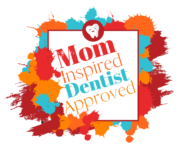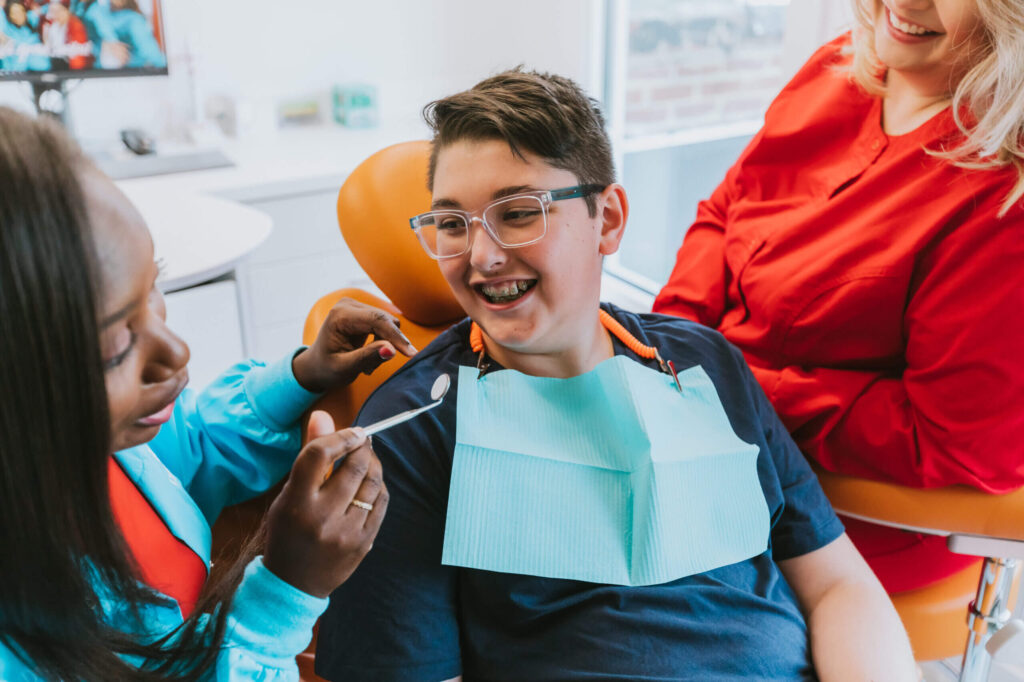Does your child experience certain behaviors such as not being able to chew, swallow or even speak properly? They may be suffering from an OMD or an oral myofascial disorder.
OMD’s are commonly muscle disorders that happen to affect actions such as these. They are usually the reason why you need to seek out an oral myofascial therapist or an OMT for treatment.
In this blog, we’ll talk about how an OMT can help your child overcome these habits.
The role of an oral myofascial therapist
An oral myofascial therapist’s role in a pediatric dental office is to treat disorders such as OMD’s. They can also facilitate therapy sessions to help a child retrain their mouth patterns and ensure normal functions.
For this, OMTs offer programs that specifically address OMDs. It can certainly take a bit of time but sooner or later, each session can help a child and their parent address specific issues, such as:
Thumb, lip, or tongue sucking habits
If your child has a habit of sucking their thumbs, lips, or even their tongue, this could be a sign of an OMD.
These habits happen to force the tongue into a lower position where it is placed against the teeth. Children up to age nine can develop this symptom. Once such symptoms manifest, an appointment with an OMT in a dental office is needed.
Mouth breathing
Your child could start breathing abnormally through the mouth instead of through their nostrils.
Such breathing patterns are usually caused by allergies triggered by an OMD. When left untreated over time, this problem can cause adverse effects on your child’s oral health.
Inappropriate tongue thrusting
Pay close attention to where the tongue rests when your child speaks. Their speech may be compromised due to inappropriate tongue thrusts.
These are characterized by the incorrect placement of the tongue. In most cases, tongue thrusts may indicate difficulty in swallowing.
In turn, this may lead to the development of abnormal bites or malocclusion. These can make it difficult for your child to chew, bite, and even digest food they have consumed.
Sleep apnea
One surefire sign of an oral myofascial disorder can be sleep apnea.
Sleep apnea can occur along with the previous symptoms, but it has a more profound effect on your child’s sleeping habits. Not only that, but it is also related to a number of other factors such as swollen tonsils, restless behavior, and even serious diseases such as heart issues.
With the help of an OMT, you can help your child address serious oral issues that may have a severe effect on dental hygiene.
At Children’s Choice, our aim is to provide a holistic approach to ensuring long-term dental health for your child. We have two trained OMTs who can treat any swallowing or eating complications your child might have. Give us a call today to learn more.

